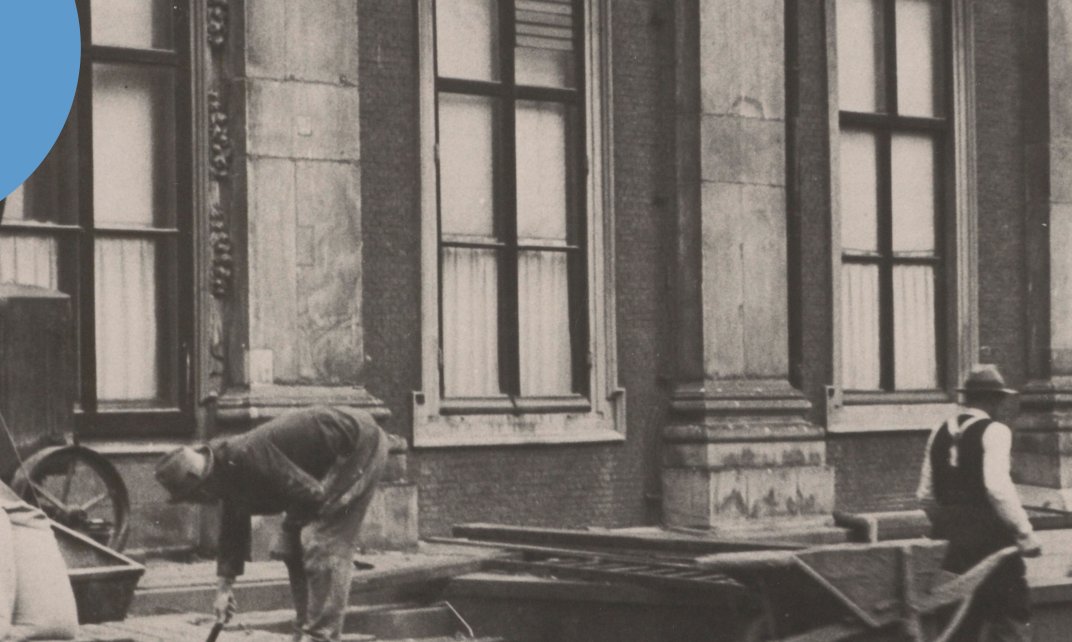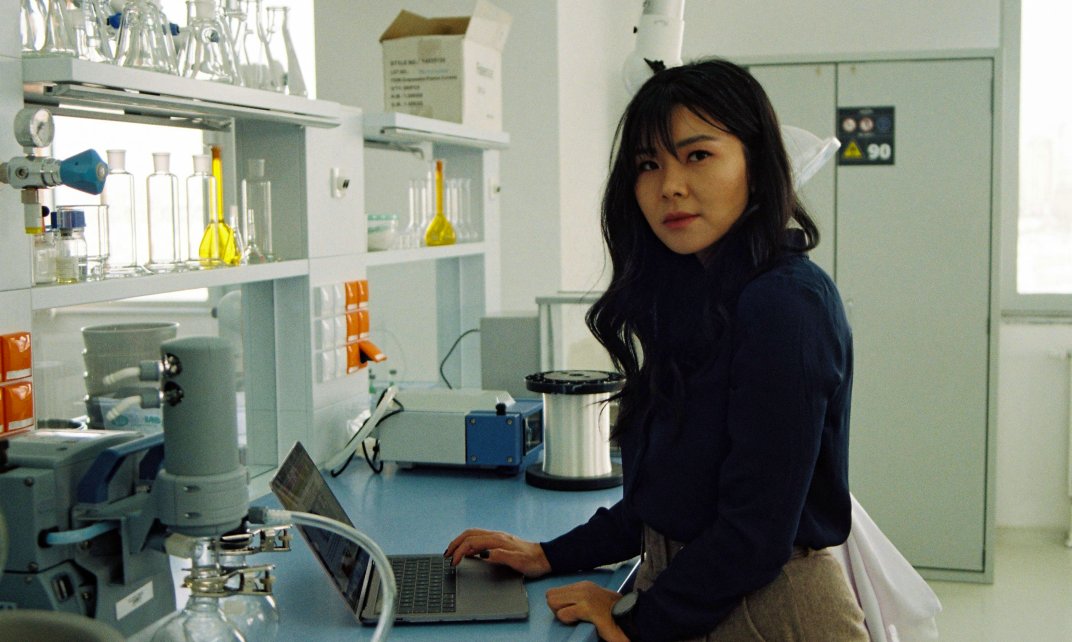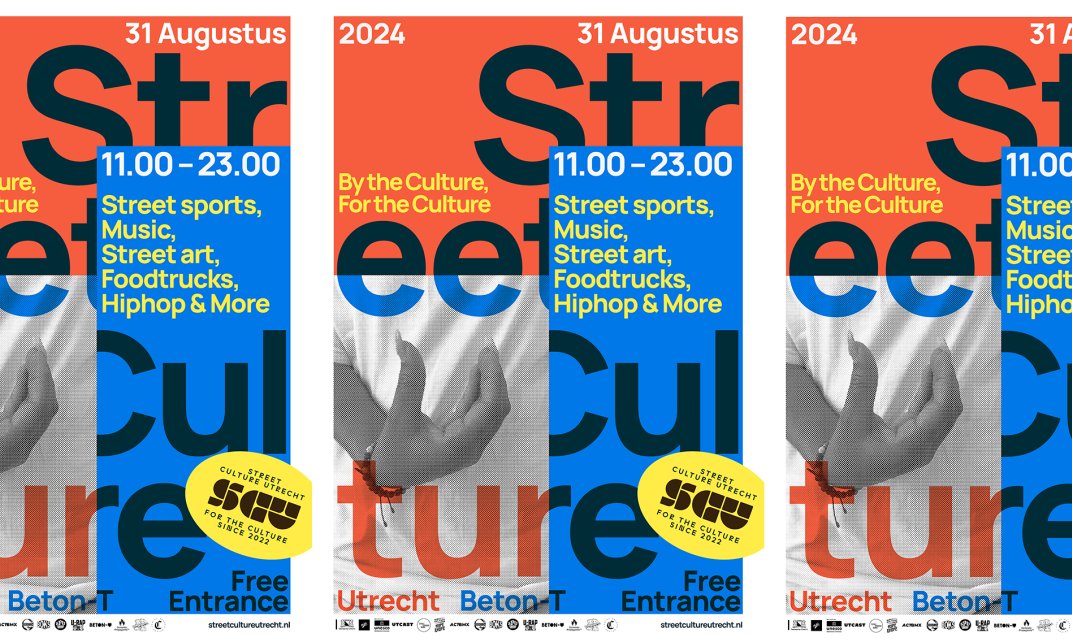
(For English, see below)
Veel lidstaten van Unesco kijken naar Nederland op het gebied van Open Science. De schaal en de wijze waarop in ons land wordt geïnvesteerd in deze cruciale transitie is internationaal een inspiratiebron. Hoe kunnen we dit goede werk voortzetten? En hoe zorgen we dat andere landen op gelijke voet komen?
Open Science in Nederland
Open wetenschap is een speerpunt van Unesco. Als wetenschappers publicaties, bronnen, data, software en hardware toegankelijk en openbaar maken, zorgt dit ervoor dat meer mensen kunnen meedenken over belangrijke onderzoeksvragen, en kunnen participeren in het produceren van kennis. Zo worden alle stemmen gehoord, en gaan belangrijke ideeën niet verloren. Open Science vergroot zo ook de transparantie van de wetenschap, wat goed is voor het maatschappelijk vertrouwen in onderzoek.
Het Werkprogramma van Open Science NL (NWO) voor 2024/2025 is het eerste in zijn soort en vormt daarmee een mijlpaal. Het programma is het resultaat van langdurige toewijding van de Nederlandse overheid aan Open Science. Open Science NL nodigde de Nederlandse Unesco Commissie uit om dit werkprogramma eens langs de Unesco-meetlat te leggen. Samen met de Unesco Chair in Diversity and Inclusion in Global Science (Universiteit Leiden) schreef de Commissie een reflectie.
Lof, en twee aandachtspunten
De Commissie noemt het werkprogramma één van de meest progressieve programma’s in de wereld. De reflectie prijst onder meer de investeringen in data stewards, essentieel voor begrijpelijke en toegankelijke data-uitwisseling. En het is verheugd over de ondersteuning van de citizen science hubs en de koepelorganisatie Citizen Science NL: het betrekken van inwoners bij het onderzoeksproces (‘burgerwetenschap’) is een écht Unesco-thema.
De Commissie noemt twee aandachtspunten:
- Publieke Betrokkenheid: Het programma reserveert fondsen voor zogenoemde citizen science hubs, maar de Commissie ziet graag dat in de toekomst ook andere maatschappelijke partners kunnen worden geholpen. Veel (non-profit) organisaties in Nederland ontwikkelen kennis, met name in de meer ‘praktische’ velden. Dit verdient meer ondersteuning.
- Wereldwijde Impact: Open wetenschap stopt niet bij onze landsgrenzen. Voor het oplossing van mondiale vraagstukken, moeten wetenschappers uit het mondiale Zuiden gelijkwaardig kunnen meepraten. De Commissie vraagt Open Science NL om door te gaan met zich in te zetten voor een inclusieve, mondiale kennisgemeenschap.
Het aanpakken van deze kernpunten zal niet makkelijk zijn. Dit zijn complexe, structurele problemen, die niet alleen door Open Science NL kunnen worden opgelost. Het vraagt de inzet van beleidsmakers en wetenschappers in binnen- en buitenland. Eén ding is zeker: als Nederland andere landen wil blijven inspireren op het gebied van Open Science, dan is het cruciaal dat het blijvend investeert in deze transitie. De Commissie doet in haar reflectie een voorzet, om de nodige stappen te blijven maken.
Netherlands Commission for Unesco reflects on Open Science NL’s Work Program
Open Science NL's 2024/2025 Work Program is the first of its kind, marking a milestone.
Many member states of Unesco look towards the Netherlands when it comes to Open Science. The scale and manner in which our country is investing in this crucial transition is an international source of inspiration. How can we continue this work? And how do we ensure that other countries can participate on an equal footing?
Open Science in the Netherlands
Open Science is a key pillar for Unesco. If scientists make publications, sources, data, software and hardware publicly accessible, this ensures that more people can engage with important research questions, and participate in the production of knowledge. In this way, all voices are heard and important ideas are not wasted. Open Science also increases the transparency of science, which is good for societies’ trust in research.
The Open Science NL (NWO) Work Program for 2024/2025 is the first of its kind and therefore represents a milestone. The program is the result of the Dutch government's long-term commitment to Open Science. Open Science NL invited the Netherlands Commission for Unesco to assess this work program through a ‘Unesco-lens’. Consequently, the Commission developed a reflection together with the Unesco Chair in Diversity and Inclusion in Global Science (Leiden University).
Praise, and two points of attention
The Commission calls the work program one of the most progressive programs in the world. The reflection praises, among other things, the investments in data stewards, essential for exchanging data in an understandable and accessible way. And the Commission is pleased with the support of the citizen science hubs and umbrella organization Citizen Science NL: involving inhabitants in the research process ('citizen science') is an important theme for Unesco.
The Commission mentions two points of attention:
- Public Involvement: The program reserves funds for citizen science hubs, but the Commission would like to see other social partners also qualify for funding in the future. Many (non-profit) organizations in the Netherlands develop knowledge, especially in the more ‘practical’ fields. This deserves more support.
- Global Impact: Open Science does not stop at our national borders. To solve global issues, scientists from the Global South must be able to participate on equal footing. The Commission asks Open Science NL to continue its commitment to an inclusive, global knowledge community.
Addressing these key issues will not be easy. They comprise complex, structural problems that cannot be solved by Open Science NL alone. It requires the efforts of policymakers and scientists at home and abroad. One thing is certain: if the Netherlands wants to continue to inspire other countries in the field of Open Science, it is crucial that it continues to invest in this transition.
In its reflection, the Commission makes a first step towards continuing to take the necessary steps.



